Apple Music emerges as the top choice for HomePod users — with Spotify also very strong on the platform.
Recent research from Consumer Intelligence Research Partners (CIRP) has shed light on the competitive music streaming hardware landscape. It reveals that Amazon's in-house music services, Prime Music and Amazon Music Unlimited, are gaining significant traction.
The popularity of Amazon Music, however, raises concerns about fair competition, as roughly one-third of consumers use Amazon Prime Music. Meanwhile, 14% opt for Amazon Music Unlimited, potentially impacting the market share of rivals like Apple Music, Spotify, and Google's YouTube Music.
Interestingly, these figures are twice as high as those observed on platforms such as Google Home and Apple HomePod. On the other hand, Spotify, the leading streaming music service, sees higher usage on Google Home at 28% and Apple HomePod at 33% compared to Amazon Echo, where only 22% of owners use it.
The popularity of in-house services isn't exclusive to Amazon. For example, Apple Music dominates the HomePod platform, with two-thirds of HomePod owners using Apple's streaming service.
Google's YouTube Music also sees significant use among Google Home users, with 25% adopting it. However, that usage is still lower than Spotify's 28% on the same platform. In contrast, Amazon's in-house services surpass external providers like Spotify regarding user preference.
Additionally, the competition between Amazon's Echo devices and Apple's HomePod in the US smart speaker market illustrates a significant disparity in market shares and user preferences. Statistics from January 2023 reveal that Amazon dominates in physical devices as well.
In the US, 67% of people who own smart speakers have an Amazon Echo, while only 21% have an Apple HomePod. Google Home and the newer Google Nest occupy the second and fourth spots, respectively, in the popularity rankings, with Sony completing the top five list of favored smart speaker brands.
Integration brings value to users when it improves their experience in a fair manner, without unfairly excluding competitors or using dominant market positions to suppress innovation. It's in the best interest of consumers when these practices uphold a level playing field.
However, if integration practices start inhibiting access to various options, manipulating market dynamics to harm competitors, or pressuring consumers into restricted ecosystems, they hinder fair competition and impede innovation.
 Andrew Orr
Andrew Orr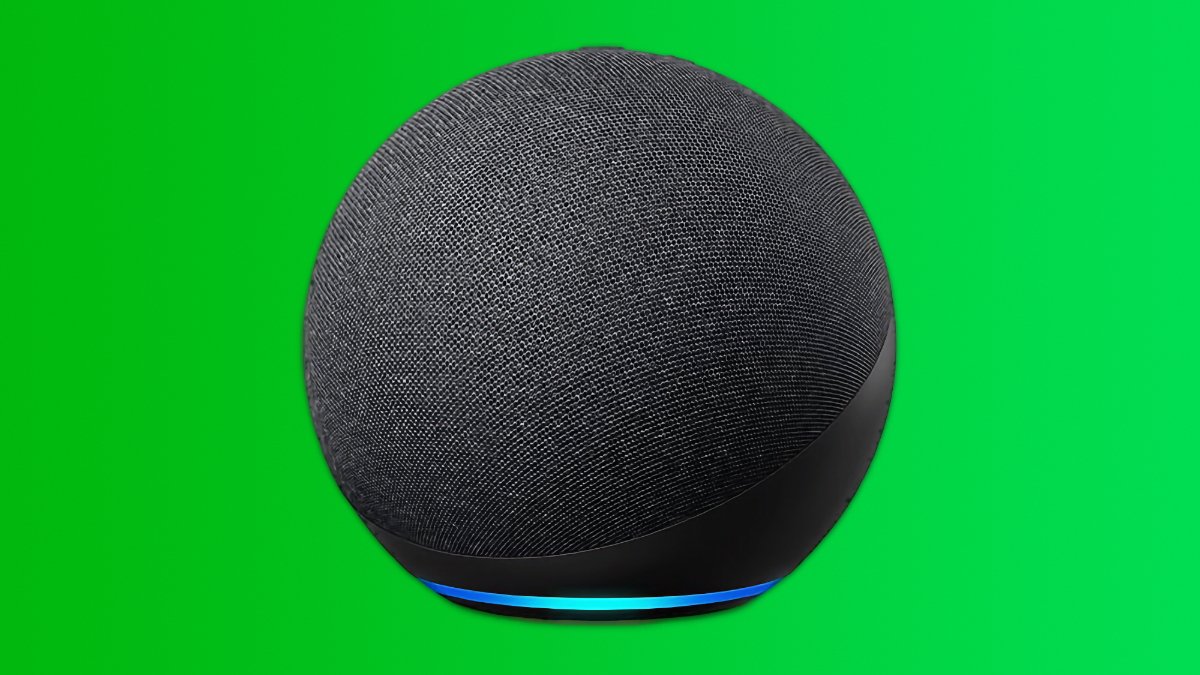
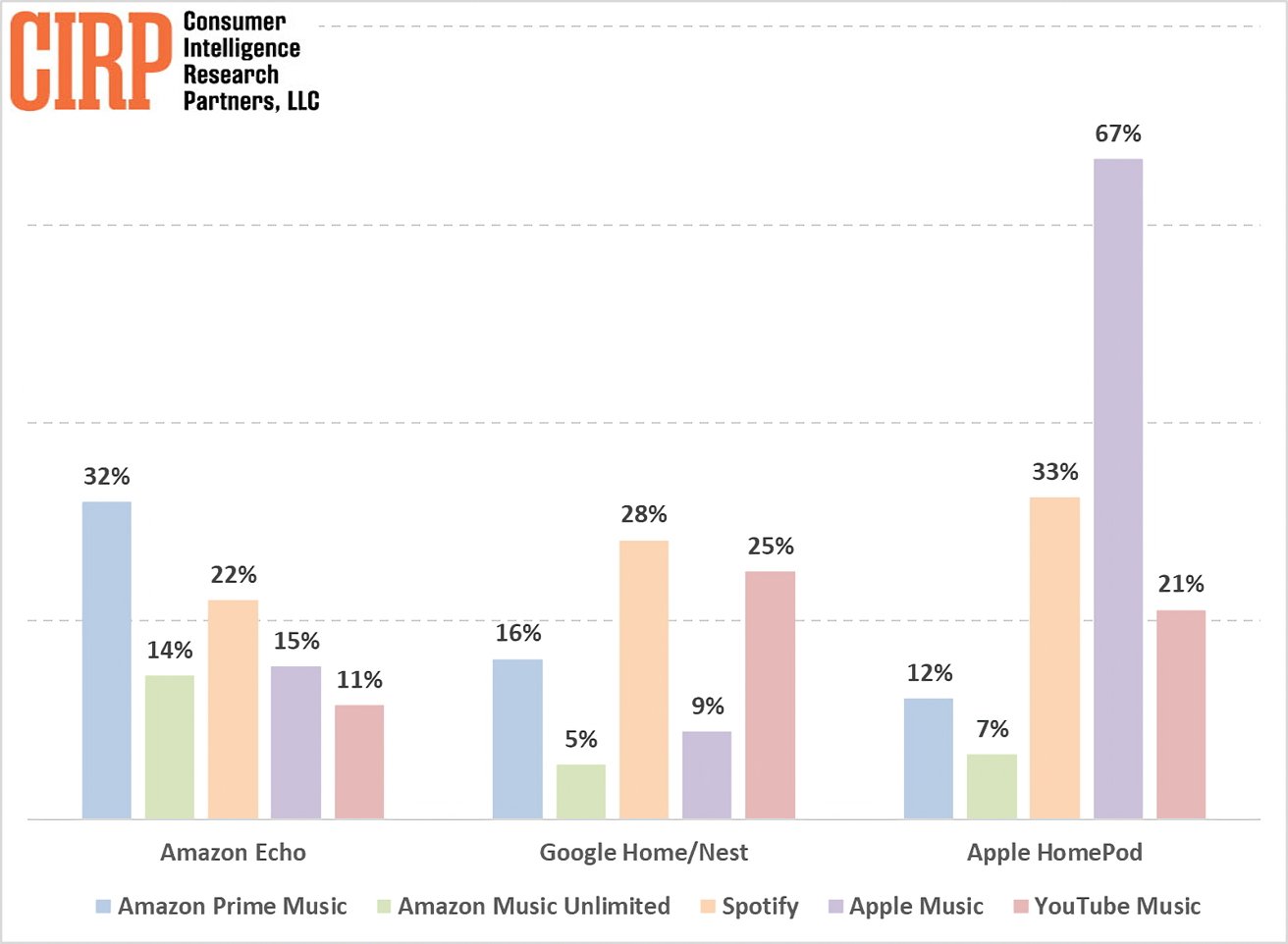

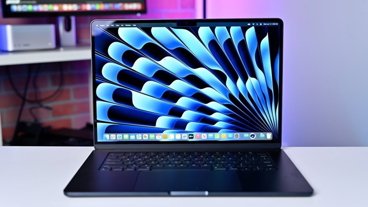




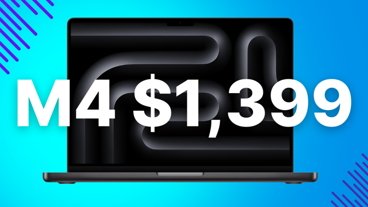
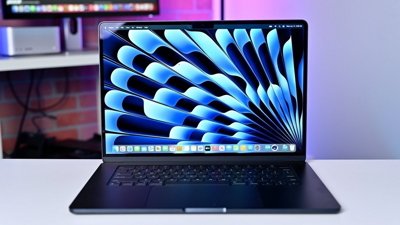
 Malcolm Owen
Malcolm Owen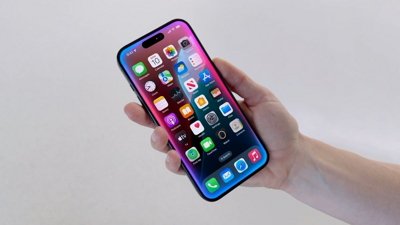
 William Gallagher
William Gallagher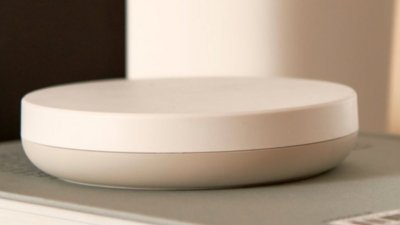
 Charles Martin
Charles Martin

 Amber Neely
Amber Neely

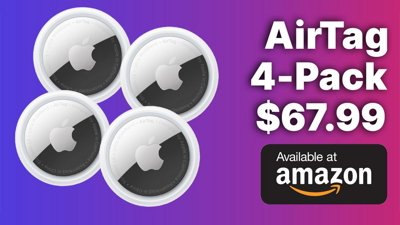
 Christine McKee
Christine McKee



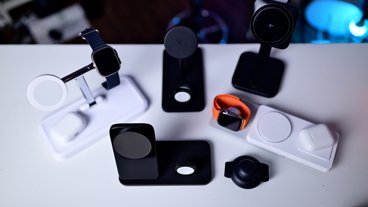
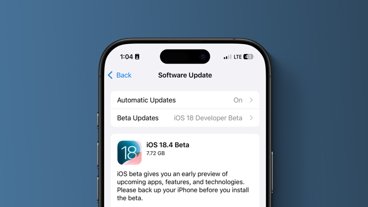
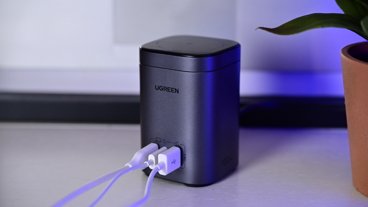


1 Comment
A question of DMA and DOJ but against Amazon in music ? Unlikely until Apple cases are settled. Interesting that no one seems to care about the Kindle market share and predatory behaviour of Amazon in ebooks. That aside, the market seems to shaping itself without regulations and consumer choices reflect sound quality, equipment quality and other factors, as well as integration. It is only on integration that Apple seems to be ahead, and that should be allowed in what seems to be a mostly free market.